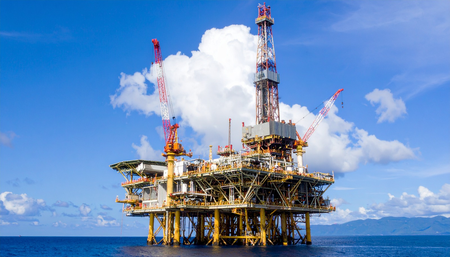
New Delhi – Despite accusations that India has extended a financial lifeline to Russia or acted as a laundering hub, the reality is that New Delhi’s decision to buy Russian energy has helped prevent a global crisis by keeping oil markets stable and inflation in check, both domestically and globally.
Russia supplies nearly 10% of the world’s oil. Analysts warn that if India stopped buying, crude prices could soar to \$200 a barrel. By continuing purchases, India ensured steady supply, stabilised prices, and provided relief to consumers worldwide. Even US Treasury Secretary Janet Yellen has acknowledged India’s crucial role.
Purchases are legitimate and routed through traders in third countries, often settled in currencies like the UAE dirham (AED), not in US dollars. The US has never asked India to halt imports, and all transactions comply with the G7 and EU price-cap framework. Russian oil is not under blanket sanctions like Iranian or Venezuelan crude; rather, it is regulated under a Western-designed price-cap system to avoid profiteering.
India’s role has not only benefitted global markets but also its own citizens. When global crude spiked to \$137 a barrel, India reduced retail fuel prices. State-run oil companies absorbed losses of over ?21,000 crore, while the government taxed exports to prevent profiteering. Without India’s imports, global prices and inflation would have been far higher.
As the world’s fourth-largest refiner, India has long exported refined fuels—a normal part of the global energy system. After Europe banned Russian crude, it turned to Indian diesel and jet fuel, underlining that India’s refining and exports contribute to stability, not laundering. In fact, nearly 70% of refined fuels remain in India for domestic use, and overall exports have declined as domestic demand has risen.
Concerns about trade deficits are misplaced. India’s deficit with the US is modest compared to America’s much larger gaps with China, the EU, and Mexico. Meanwhile, India imports billions worth of US aircraft, LNG, defence systems, and technology. Far from freeloading, India is co-producing jet engines with GE, buying MQ-9 drones, and strengthening QUAD and Indo-Pacific security ties. Crucially, India remains the only major power actively countering China on the ground in Asia—an unmistakable strategic gain for Washington.
While some critics scapegoat India, Europe still imports Russian gas and the US continues to buy Russian uranium. India, by contrast, has acted responsibly within global frameworks, calling for diplomacy at the UN while ensuring energy security and market stability.
The facts are clear: India has not financed Russia’s war. Instead, by keeping oil flowing, it has helped shield the world from an even deeper energy and inflation crisis.
With inputs from IANS